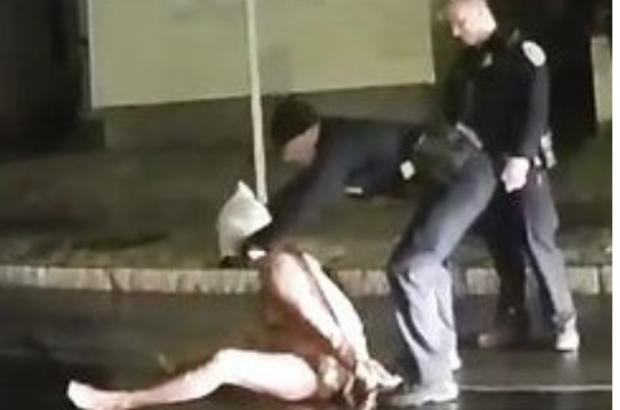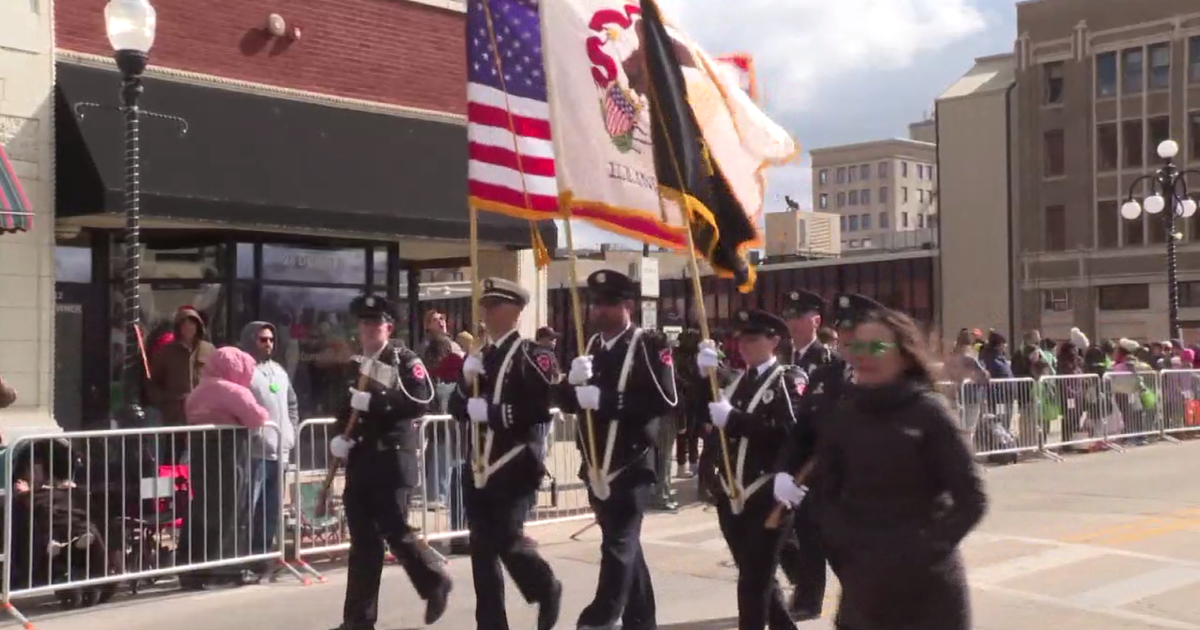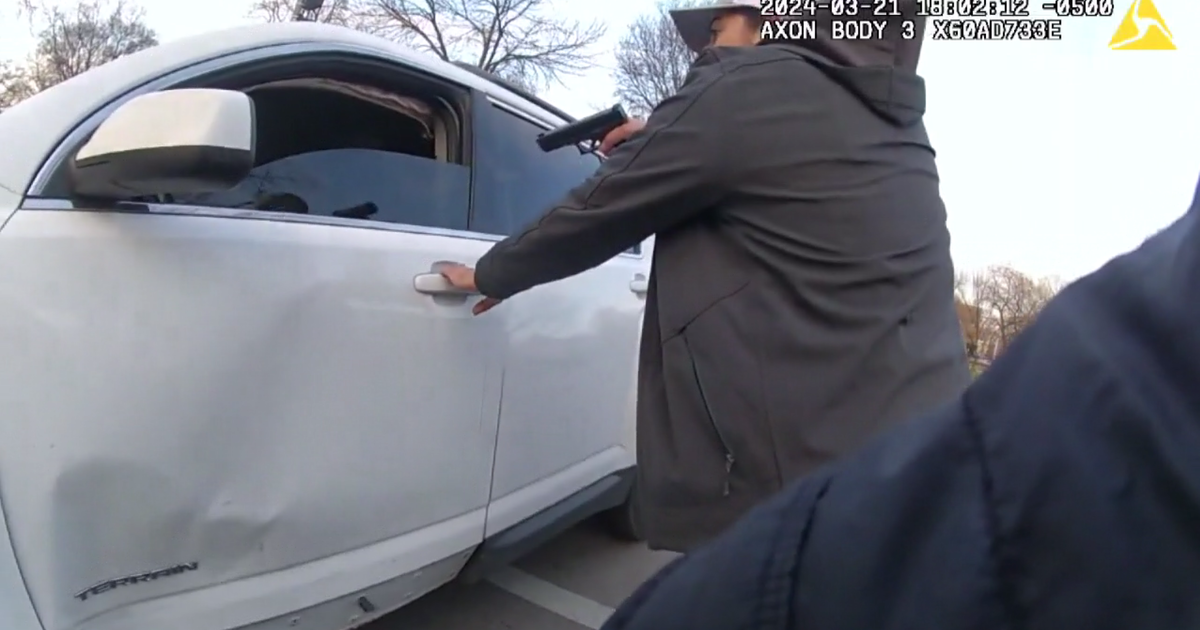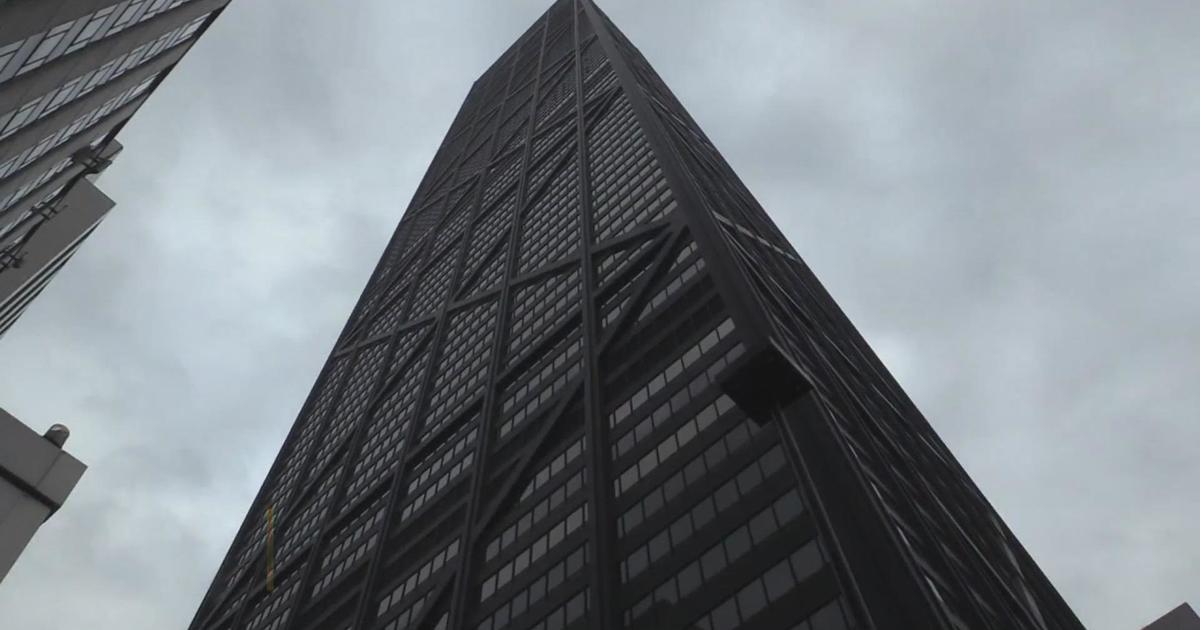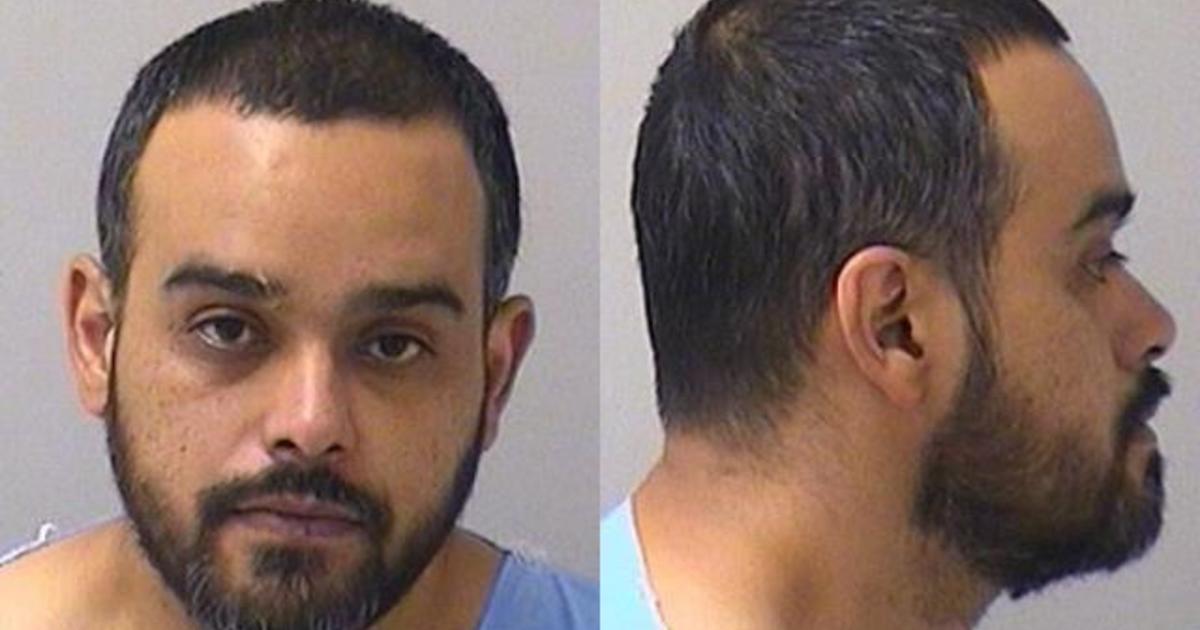Emails Show Lengths To Which Rochester Police Went To Delay Body Cam Video In Daniel Prude Case
ROCHESTER, N.Y. (CBS) -- Newly-revealed emails show the great lengths police in Rochester, New York went to delay the release of body cam video from Daniel Prude's death in custody back in March.
In a series of emails in June, police brass urged city attorneys to deny the Prude family's request to review the footage. They were worried about ongoing protests and public outrage over the death of George Floyd in police custody in Minneapolis.
A 323-page report stemming from a review of the Prude case was released Monday.
[scribd id=476042052 key=key-GOoqmVFfp1l5kX0VsWZv mode=scroll]
As CBS affiliate WROC-TV in Rochester reported, now-interim Rochester Police Chief Mark Simmons wrote in a June 4 email to since-fired former Chief La'Ron Singletary: "We certainly do not want people to misinterpret the officers' actions and conflate this incident with any recent killings of unarmed black men by law enforcement nationally. That would simply be a false narrative, and could create animosity and potentially violent blow back in this community as a result."
On the same day, Rochester police Capt. Frank Umbrino issued an email urging the Rochester Mayor's office to take part in the discussion about releasing the body camera footage of Prude's arrest, saying in part, as quoted by WROC: "In light of the recent events throughout the country, any release of information should be in conjunction with and coordinated with the Mayor and the Chief as it very well have some intense ramifications."
Prude, 41, was a Chicago resident visiting Rochester on March 23, when his brother called the police because he was having a mental health issue. From there, the moments leading up to his eventual death were all captured on police body camera.
The body cam video shows Rochester officers detaining a naked 41-year-old Daniel Prude in the early hours of March 23. Prude was ordered to lie on the ground.
Police put his hands behind his back and handcuffed him.
The video shows Prude yelling and spitting as he lies completely naked on the snow-covered ground. A white spit hood is placed on his head. Later, an officer appears to be pushing his head into the pavement.
Prude goes on to become unresponsive. He was taken to the hospital, where he died days later. His death was ruled a homicide, caused by "complications of asphyxia in the setting of physical restraint."
On Monday, Rochester Mayor Lovely Warren abruptly fired police Chief La'Ron Singletary.
Warren also called for an internal review of the investigation into Prude's death, as well as the suspension of other high-ranking city officials, WROC reported.
Singletary had announced his retirement just last week – along with that of the entire police command staff. But he had planned to stay on until the end of the month.
The mayor also said City of Rochester Communications Director and city Corporation Counsel Tim Curtin would be suspended without pay. The reason, WROC reported, was "failure to act, inform, and follow policy and procedures."
The city's Office of Public Integrity has also been told to launch an investigation to see if any city employees – including Warren – violated policies when it came to the investigation into Prude's death, WROC reported. Warren also called on the U.S. Attorney's office to conduct a federal review of the Prude case, WROC reported.
In a one-on-one interview, Warren told WROC anchor Adam Chodak that from the beginning, Prude's death had been represented to her as being the result of a PCP overdose.
"This was characterized from the very beginning as a person that was in mental health distress, on PCP, and an overdose and in-custody death," Warren told Chodak. "Up until I saw the video, that was the way it was characterized and if you look at all of the information, it clearly shows that from the beginning of this, this was to be characterized and downplayed as a PCP overdose."
Warren told the station that she did not want to fire Singletary, and that she had hoped that the police department could be repaired by working together.
"(B)ut when this report came out, and I saw all the things along the way. All the times I could've been contacted. All the times his own people said 'Tell the mayor,'" Warren told Chodak. "And knowing what I knew, and what I was told, that this was a PCP overdose, I just couldn't let it stand, because it was clear deception along the way, and information that could've been shared, but was not shared.
